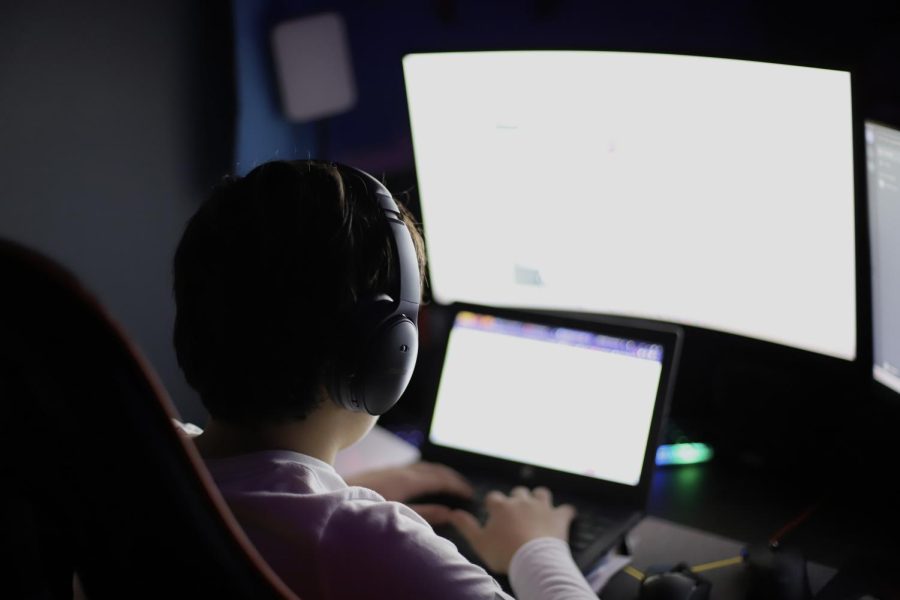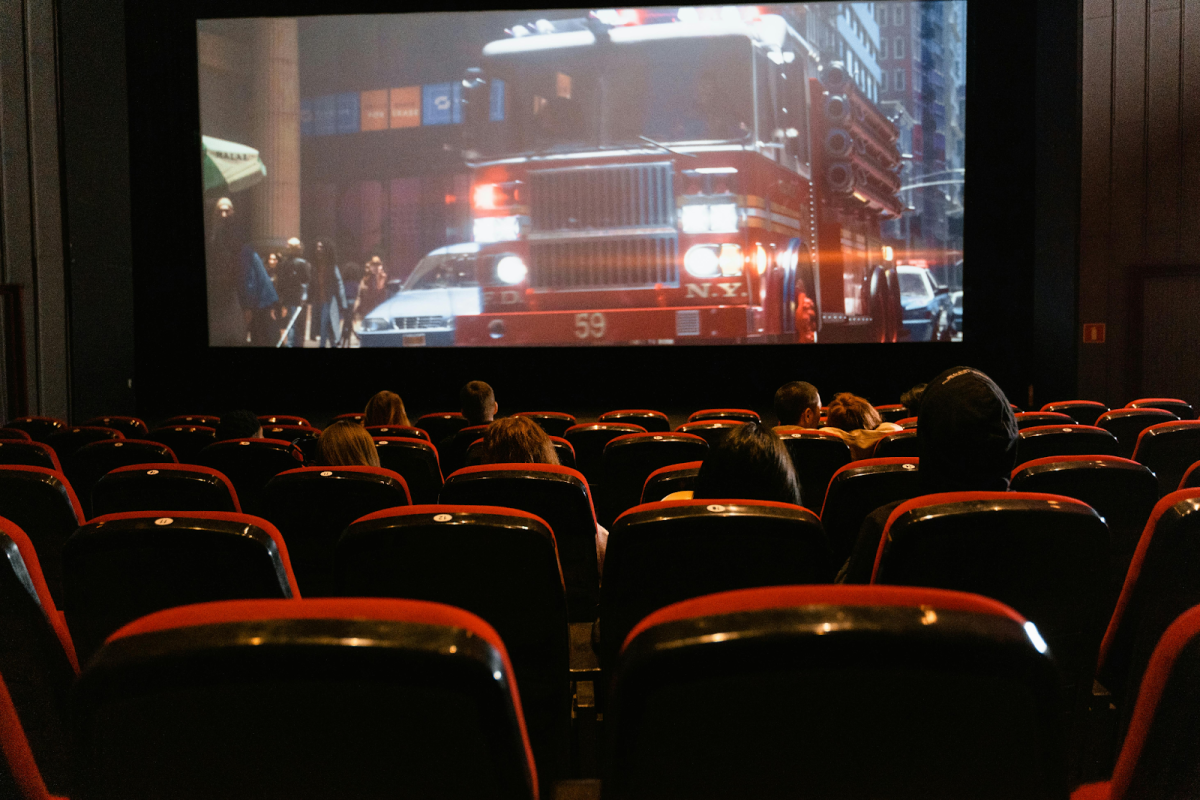Teachers Combat ChatGPT
February 14, 2023
Teachers around the nation have been perplexed by how to manage the rising technological power of ChatGPT, an online chatbot. Chatbots use Artificial Intelligence to give answers simulating human responses. As a positive, they can generate information more directly related to one’s question than the extensive feedback — from a multitude of sources — that a Google search will leave one with.
ChatGPT has provoked waves of commotion due to its ability to quickly produce student essays. The process is simple; a person must type their given prompt into the chatbot’s provided text box, for the instructions of what the computer must craft, and then the Artificial Intelligence can generate a response.
ChatGTP was initially seen, by the media, as a way for students to use plagiarized work in their assignments without stealing it directly from another traceable person. In theory, this essay-writing-chatbot seemed to be a helpful aid in concealing copied-and-pasted work off the internet, when being run through websites professors commonly use to scan written work for plagiarism, such as Turnitin.
For that reason, this idea of computers writing essays can be threatening to most educators who utilize writing in their courses. Though many teachers have become innovative in finding new ways to deduce authentic student writing from that of a computer, such as plugging essays into GTPZero.
A 22 year old Princeton student, Edward Tian, released an app combating ChatGPT against – well – ChatGPT. It was given the accurate name of GPTZero, as this new software gives users the power to detect any AI involvement in text through identifying writing patterns. GTPZero being easily accessible online as a source definite in tracing ChatGPT usage, further helps to ensure the prohibition of it being used in writing that is supposed to be one’s original work.
English teacher Stephen Moore conducted his own experiment using Tian’s app. He started by typing AP Language and Composition prompts into ChatGPT and evaluated his responses. Not only were these essays consistently scoring a four on a six point rubric, but when he imputed all 16 of the generated responses into GPTZero along with 30 of his previous students’ essays, every one of the AI generated essays were detected as computer written. These ChatGPT essays all shared the same lack of a clear and nuanced line of reasoning and style that only the human-written essays were able to produce. According to Moore, this flaw is due to ChatGPT’s inability to have “gamed the college board” as it has not “tailored its responses to its audience”.
Moore does not see ChatGPT as completely negative, however. “You can push it to help you research,” Moore said, “in order to get more specific before doing useful searches”. This method of using AI for writing assignments can prove beneficial as asking the chatbot questions will help to curate a better understanding of one’s topic of research and narrow down their future internet or database searches to solely their main focus.
As seen in the data from Moore’s small study, developing an individual writing style and original ideas can not be performed by this software. This leads to the idea that creative writing done by ChatGPT will not be executed at the standard of quality human writing is.
Creative writing teacher Nicole Gallen, does not think that ChatGPT will affect authentic writing because it will not demonstrate the characteristics of a distinctive mind behind the words. She expressed that most students’ poems and short stories are developed through a process that includes prewriting and Artificial Intelligence will not be able to replicate this preparatory phase, or the unique stylistic choices the writer pursues throughout their piece.
Gallen believes that technology is only as harmful as one allows it to become. “At the end of the day, it’s up to students to embrace the writing process” , Gallen said. She feels it is more important for students’ goals to be focused on learning and growth, rather than turning to a tool — used for short-cutting one’s work time — which will not help the writer fundamentally grow.
The main concern among people — in this age of rapid technological modernization and innovation — is the idea of computers replacing human minds. With great power comes great responsibility, and it is the people’s responsibility to continue creating authentic works of literature that can be made available to circulate among the many curious readers this vast world encompasses.







